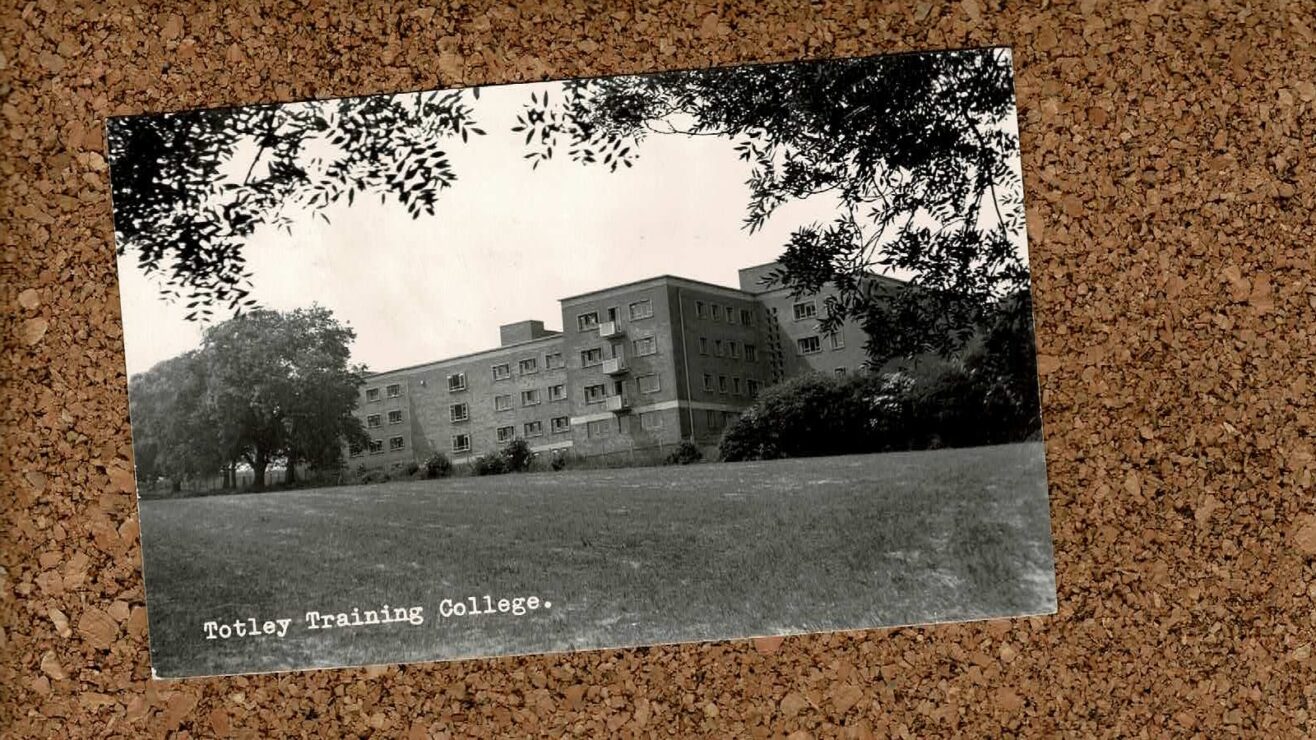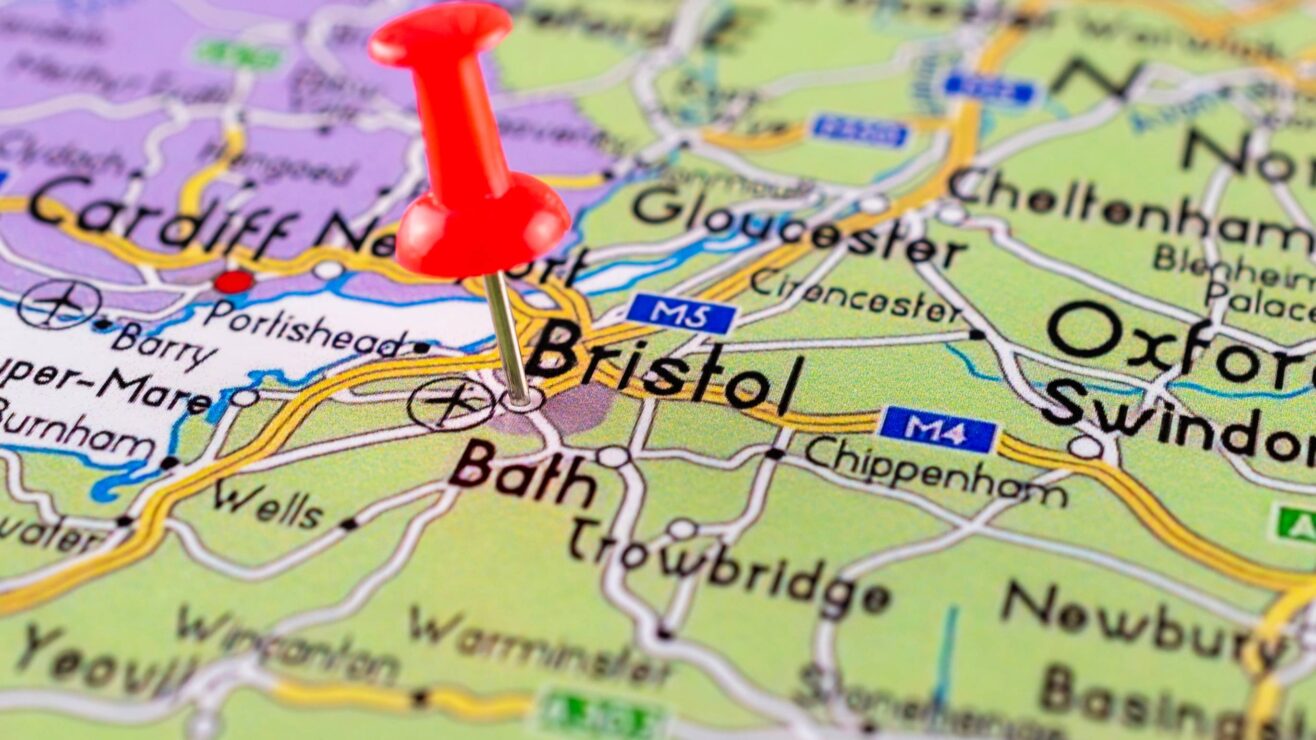From britpop reunion fever, to tv-screaming tension supporting Team GB at the Olympic and Paralympic games, the summer of 2024 was a timely reminder of the power of culture as a vital point of connection for communities up and down the UK.
Culture has a unique role in helping to rebuild the fabric of our society and improve societal resilience in an ever-changing world.
Communities
Universities play a unique role in cross sector co-creation of research and development with communities, and devolution can help supercharge the impact of this relationship. Yet very little is known or shared about this way of working when it comes co-creating cultural R&D with cross sector and community partners in devolved contexts.
Culture offers contemporary British society a timely reminder of value of lived encounters with others. But culture is also cursed by familiarity: we all know it, enjoy it, and as a result massively take it for granted. The UK is the most diverse rich and prolific producer of culture in the world – and yet at the same time as Oasis sell out millions of tickets, 33 of the 50 grass roots music venues featured on their original tour in 1995 no longer exist.
As local councils are forced to cut their culture budgets, new combined authorities in England are taking on more powers and budgets for culture than ever before. In the wake of austerity, Covid, and recent riots, culture has been the quickest lever to pull to create real and immediate benefits to quality of life, social isolation and geographic inequality.
So why are we investing so little into what works?
Culture
Culture funding has come under huge strain in recent years as a result of pressure on council budgets. Between 2010 and 2024 the annual spend on culture and leisure services saw a real-terms fall of £2.324 billion. It’s now no longer a case of “use it or lose it” for culture, but a matter of “fund or fail” for our new national missions under a Labour government committed to enhancing belonging, equalising opportunity, and upskilling communities – as well as catalysing creative prosperity and R&D in all four nations.
Have no doubt about it: the new Labour missions will only work if we are all pulling in the same direction and co-creating culture with communities and funding it as an identified growth area that offers returns that are as much about pounds and pence for UK plc as they are about the hearts and minds of communities.
Social resilience and sustainable communities will be key to navigating the challenges that lie ahead for the UK. We have been through a rough decade, but make no mistake: the period to come will also have its challenges. This summer saw the impacts of communities who feel disengaged, disempowered and disregarded expressing themselves with violence and disorder.
Culture is key to regenerating the UK, but it is destined to fail if we do not attempt to bring everyone along. Too many cultural strategies, projects, and events are done to communities rather than co-created with them. This results in a sense of disconnection from inception and the assumption that culture – much like R&D – is something that happens somewhere else, by someone else, and not somewhere local.
Community innovation
Across three years as director of the AHRC Creative Communities programme, I have seen first-hand what happens when we devolve powers and funds for culture and R&D back into the hands of the communities in our devolved regions and nations. Our community innovation practitioner pilot has tested for the first time a new model of giving block funding direct to community researchers working with cross sector groups to cocreate new cultural R&D in response to local opportunities or challenges.
Most academic research produces monographs, journal articles, essays, reports or reviews. Often these outputs sit behind paywalls or on websites that expire, leaving no legacy of the work and stymying the momentum in the community research partnerships. Our CIPs have addressed this long-term issue by producing podcast episodes that profile the voices of the people involved in the research, case studies highlighting this learning for other communities and policy papers for politicians to help better inform devolved governments strategy and spend for culture, skills, wellbeing, just transition and societal resilience.
The first preview episode of the Creative Communities podcast launches today and the whole first series will drop on Apple podcasts, Spotify and wherever you get your podcasts on 7 October. You can like the preview episode and follow now to get an immediate download of the full series when its released.
The CIP research ranges from the use of photography, poetry and drama to empower communities and break cycles of silence around trauma and substance use (Áine Brady, Queens University Belfast); the role of heritage sites in fostering sustainable development in de-industrialised regions (Alexander Langlands, Swansea University); the power of music to unite diverse communities in Liverpool (Georgina Aasgaard, University of Liverpool); collaborative filmmaking with skateboard communities to reignite civic pride and identify in Portrush (Jim Donaghey, Ulster University); and the use of design-led tools to promote communication between arts and humanities academics and community partners (Gaston Welisch, University of Glasgow).
The podcast series also offers practical guidance for communities, academics, third and private sector organisations, and policymakers seeking to implement co-creation strategies to tackle challenges within their own communities and devolved contexts. I couldn’t be prouder of what they have achieved, or more inspired by the community partners, government, third and private sector people who have stepped up to co-create new culture and R&D with us.
Cultural devolution and R&D
The work of our Community Innovation Practitioners proves that the Creative Communities model works. When it comes to culture, the return is real and multifaceted and through further, faster, deeper devolution and co-creation we can bring new people to the realm of research and foster a more inclusive innovation ecosystem for HEIs and the stakeholders and communities in their devolved settings.
Devolution delivers better faster long-lasting results for both culture and R&D across all 4 nations of the UK and universities have a key role to play in this passing down of power from the centre to the local. Our CIP research shows how collaboration supercharges discovery, creates new capacity and helps communities connect and celebrate their creativity as a value that is much about pounds and pence as it is hearts and minds. It’s also about creating connections across devolved countries as much as it is across community stakeholders.
Through shared experiences of culture and creativity we can co-create a better Britain together and grow Creative Communities that catalyse inclusive innovation, economic, social and cultural growth in devolved contexts right across the UK.
Culture. R&D. Devolution. We’re mad for it. Let’s hope the new Labour government feels the same.
For more information on the Creative Communities programme visit www.creativecommunities.uk













